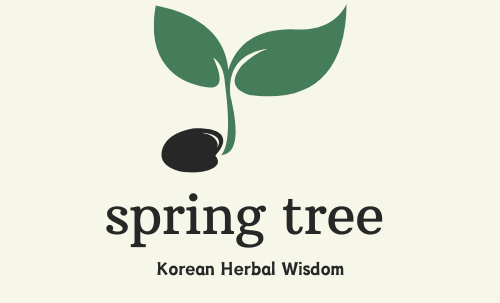Explore the calming benefits of Wild Ginger (세신) for natural relief from sinus congestion, cold symptoms, and body aches. This traditional Korean herb brings warmth and comfort to respiratory health.
Wild Ginger (세신) – Gentle Relief for Cold Symptoms and Respiratory Health
Wild Ginger, known as “세신” in traditional Korean medicine, is a go-to herb for relieving cold symptoms and soothing aches. With its warm, comforting qualities, Wild Ginger is perfect for easing sinus congestion, headaches, and other respiratory discomforts, especially during the cold season.
Health Benefits of Wild Ginger
Wild Ginger has long been valued for its healing effects, particularly when it comes to respiratory and sinus relief. Here are some of its main benefits:
Eases Cold Symptoms and Clears Sinuses: Wild Ginger helps the body gently release trapped cold, especially around the sinuses. If you’re struggling with congestion or a stuffy nose, this herb naturally opens airways to help you breathe more freely.
Relieves Pain and Discomfort: Known for its mild pain-relieving properties, Wild Ginger can help soothe headaches, joint pain, and even toothaches, making it versatile for many discomforts.
Supports Respiratory Health: With its natural warming effect, Wild Ginger provides relief for cold-induced coughs or a runny nose, comforting the lungs and helping you feel better faster.
Improves Circulation: This herb is also wonderful for promoting circulation and relieving body aches that often come with colds or seasonal chills.
Ecology and Characteristics
Wild Ginger is a perennial herb that grows low to the ground. It has charming heart-shaped leaves with a gentle, pointed tip and dark, almost black flowers that bloom in April and May. The leaves are slightly textured with fine hairs, and the roots have a spicy, pungent aroma similar to traditional ginger.
Medicinal Parts and Harvesting Time
While the whole plant has medicinal uses, the roots and stems are most often prepared as remedies. Harvesting occurs in mid-September when the plant’s healing properties are at their peak. To prepare, carefully dig up the plant, remove excess soil, and tie small bundles of roots and stems for drying in a cool, shaded area. Proper drying preserves its natural potency for long-term use.
Properties and Qualities
Wild Ginger has a spicy, warming taste and is slightly potent, so it’s best used in small, recommended amounts. Its warming nature makes it especially beneficial for the lungs, kidneys, and heart, promoting circulation and balancing internal coldness.
How to Use Wild Ginger and Precautions
One common way to enjoy Wild Ginger is as a gentle tea. Use 1-3 grams of dried Wild Ginger in 600 ml of water, then simmer over low heat until the liquid reduces by half. This tea can be enjoyed 2-3 times a day to help with congestion and ease discomfort. Wild Ginger powder can also be used in dosages of 0.5-2 grams for added flexibility.
Since Wild Ginger is slightly potent, it’s important to use it in recommended amounts and consult a healthcare professional before adding it to your routine, particularly if you’re managing other health conditions or taking medications.
Conclusion
Wild Ginger (세신) is a gentle, comforting herb for cold and respiratory relief. Whether you’re dealing with sinus congestion, aches, or chills, Wild Ginger’s warming properties can bring natural comfort and support. By following safe usage methods, you can enjoy the benefits of this traditional herb for soothing relief and wellness.
